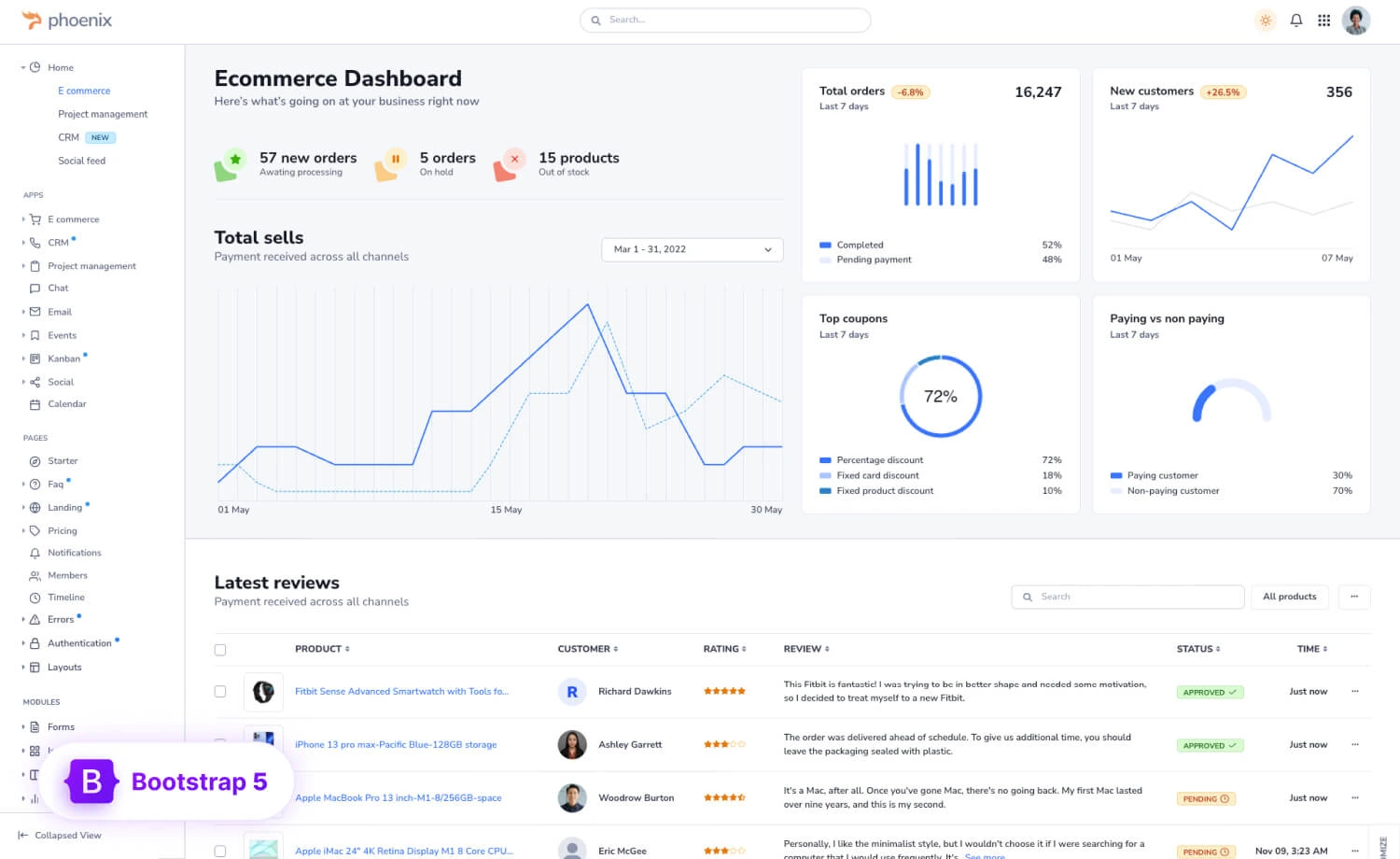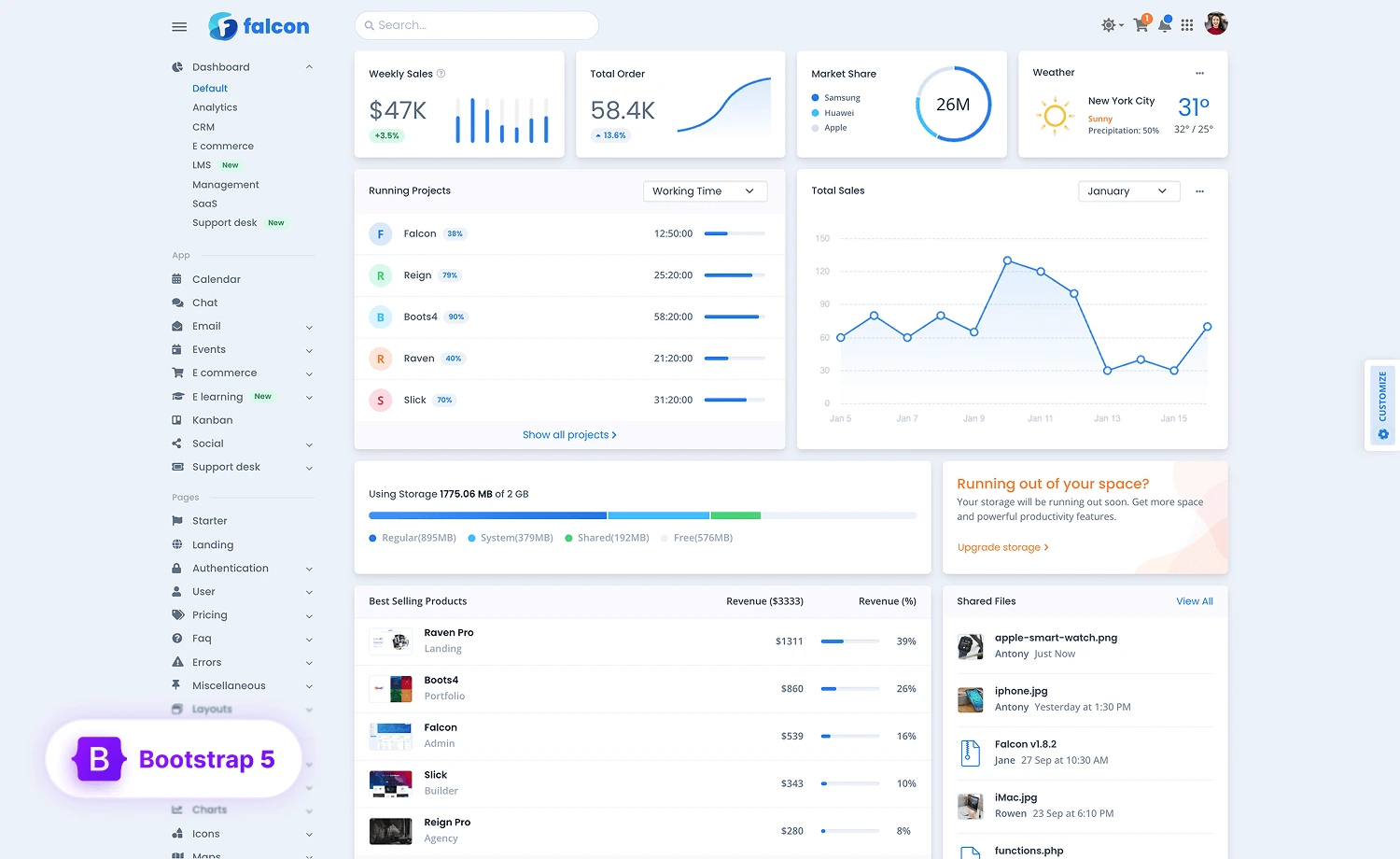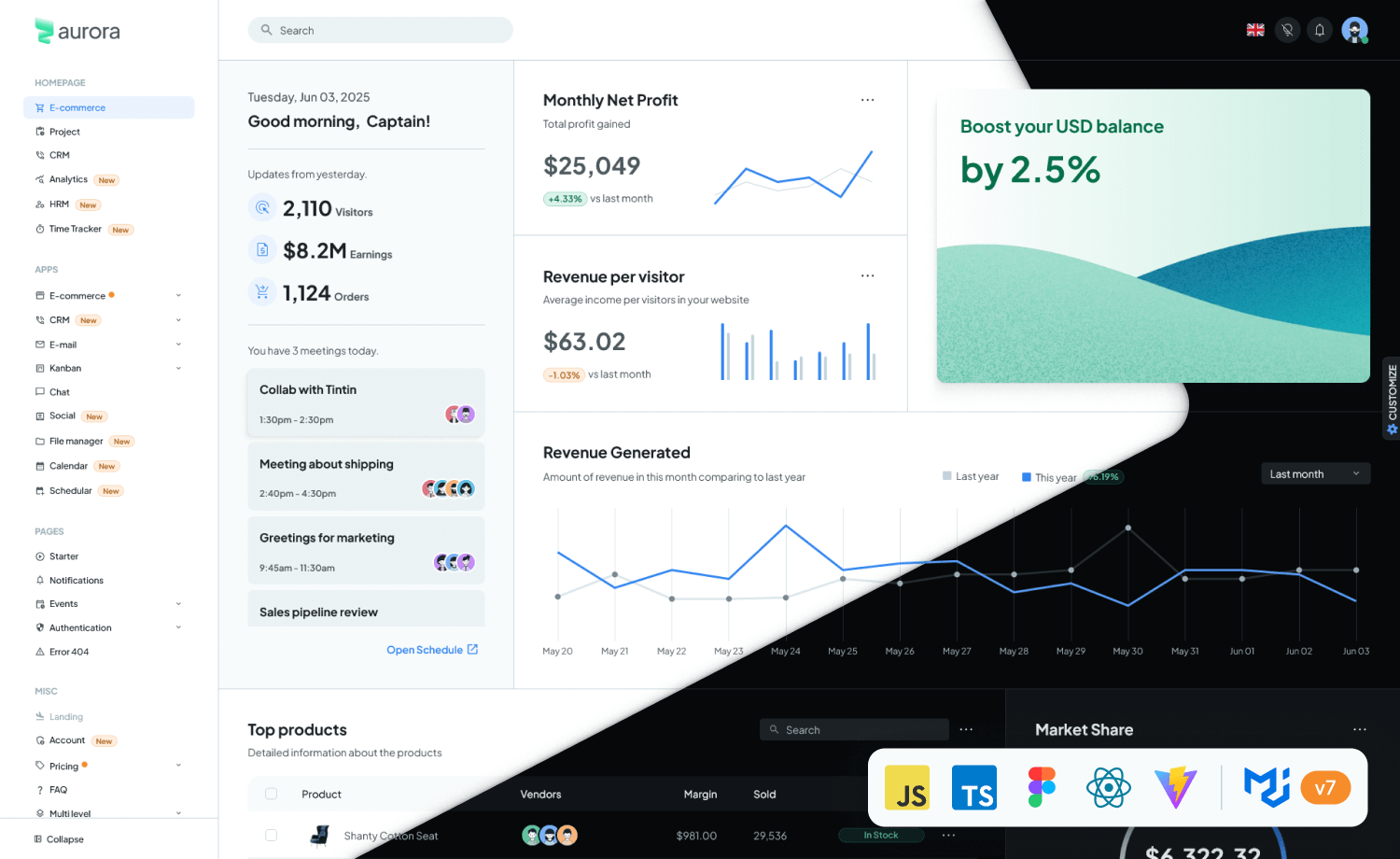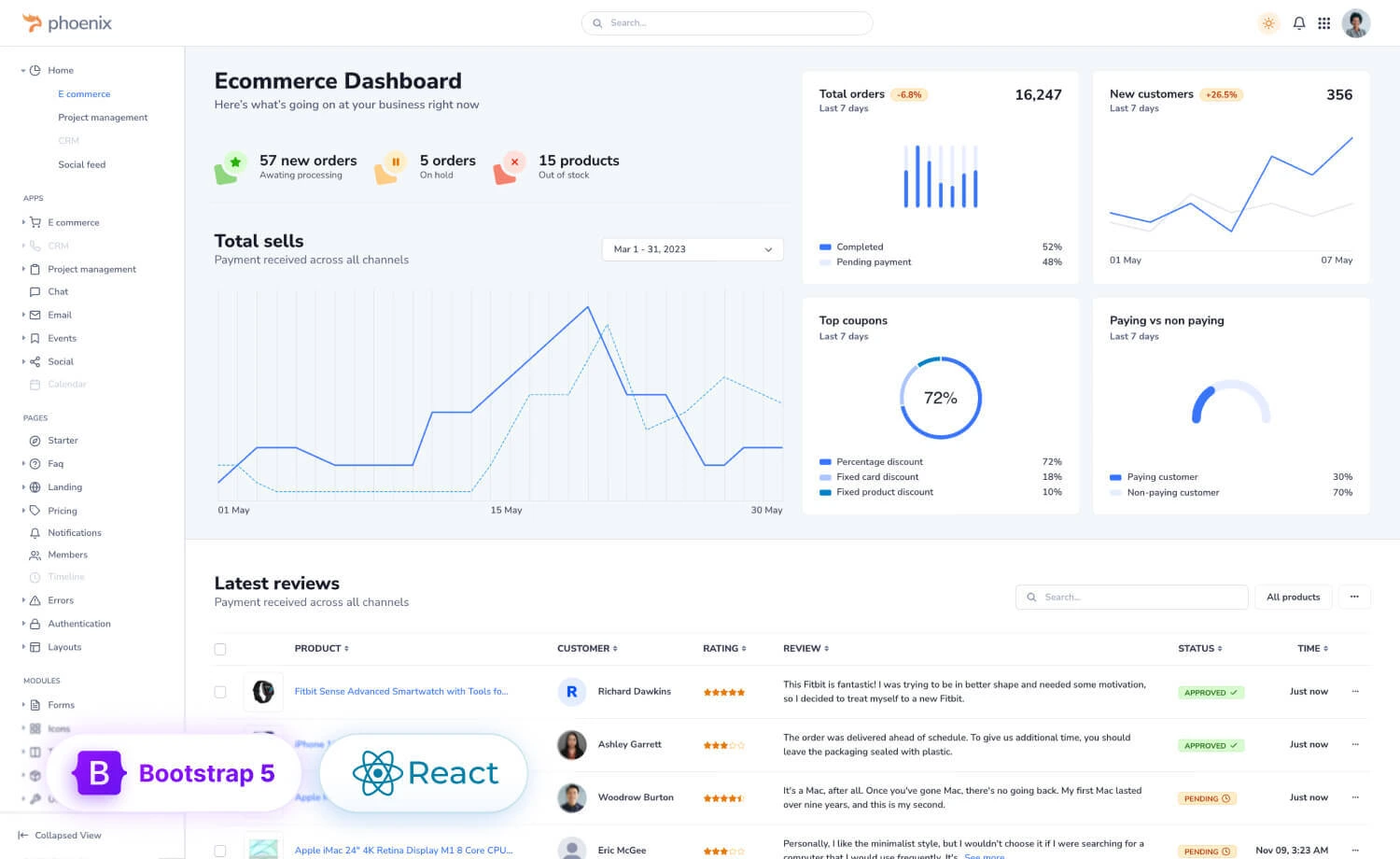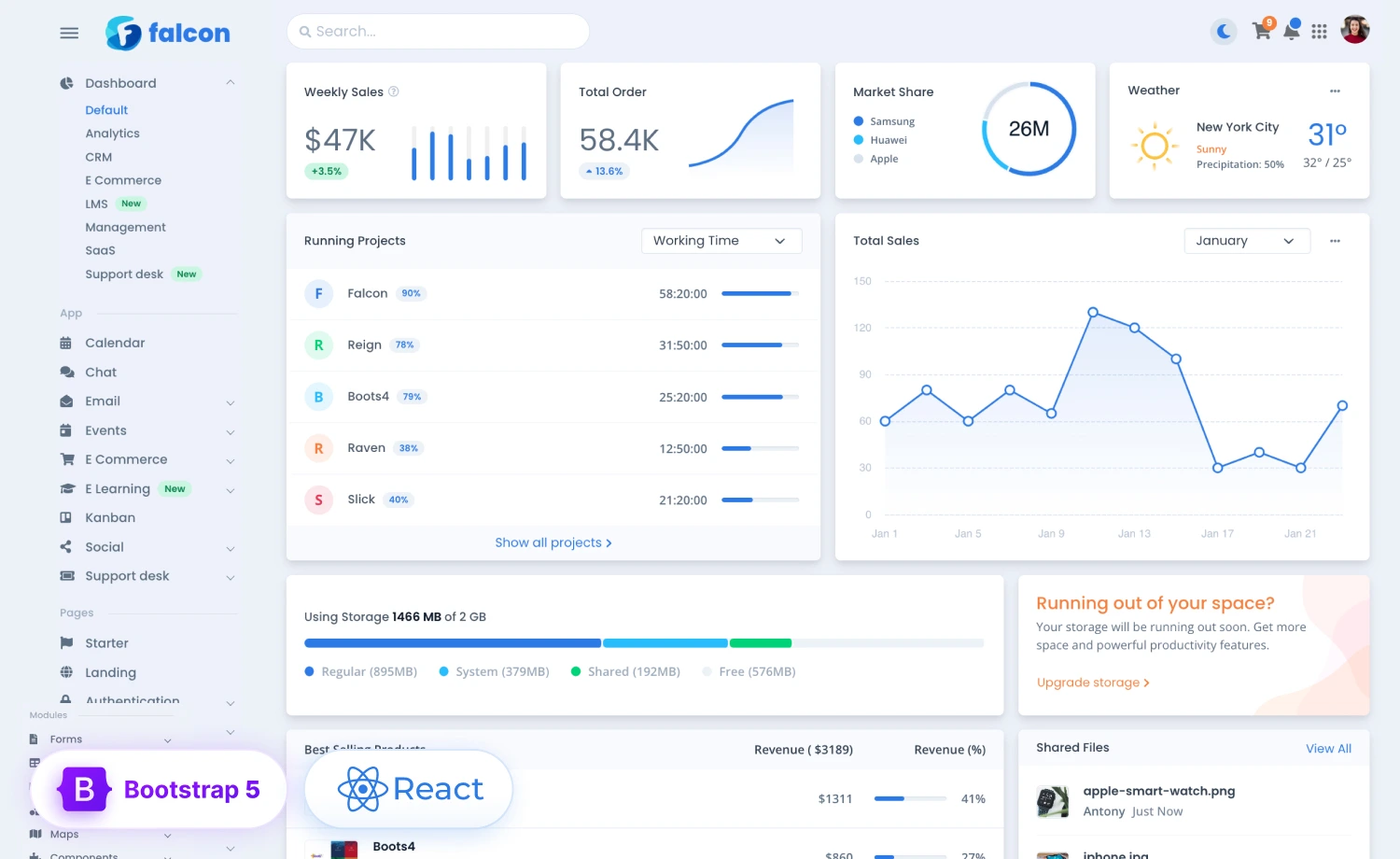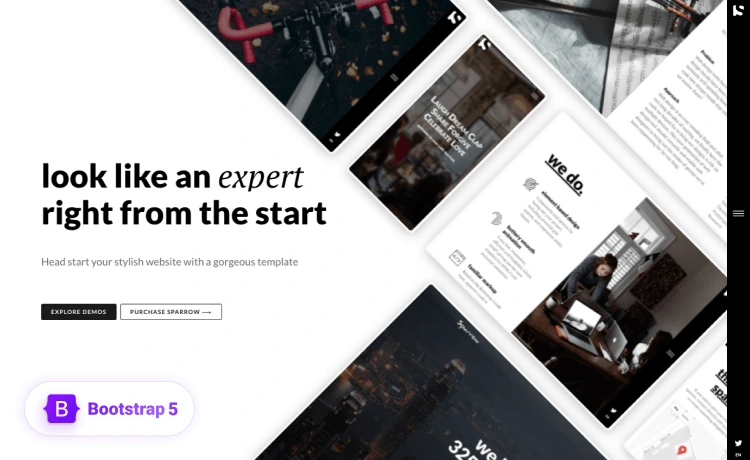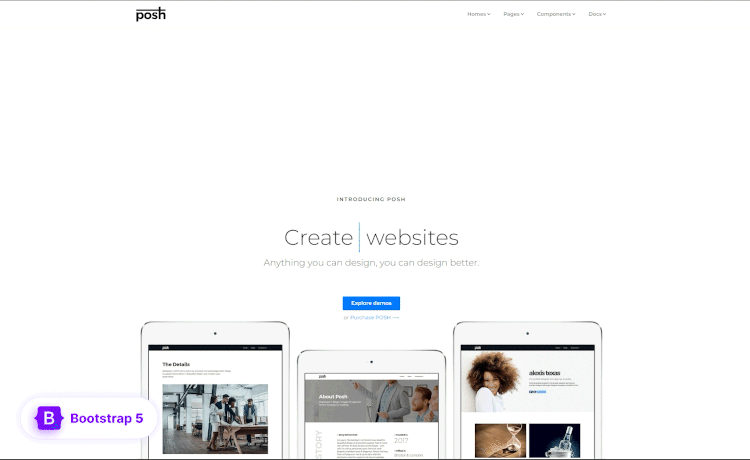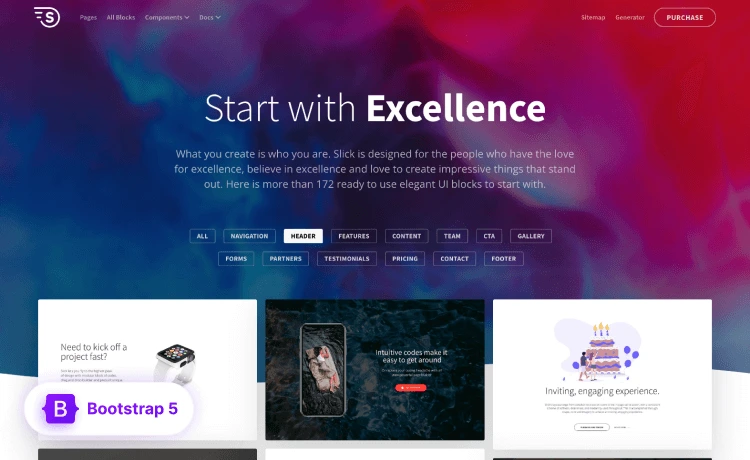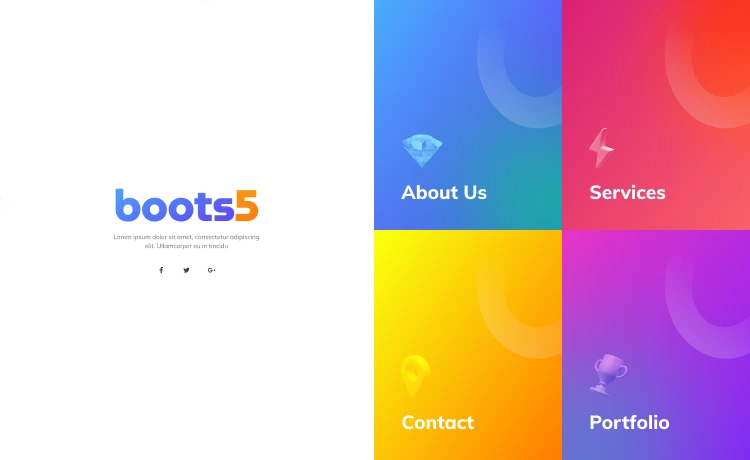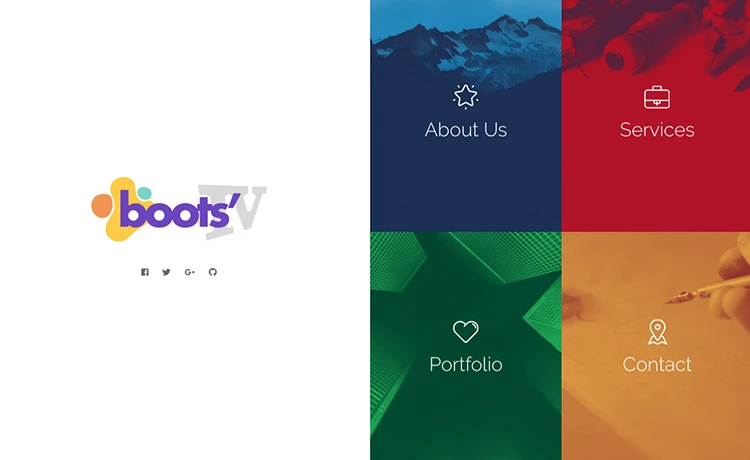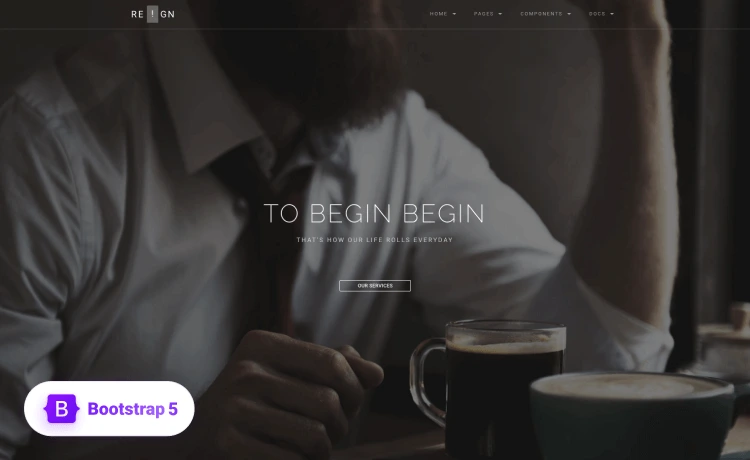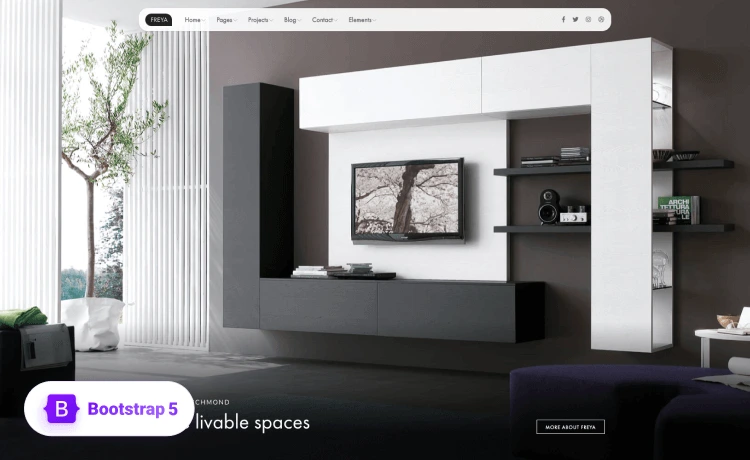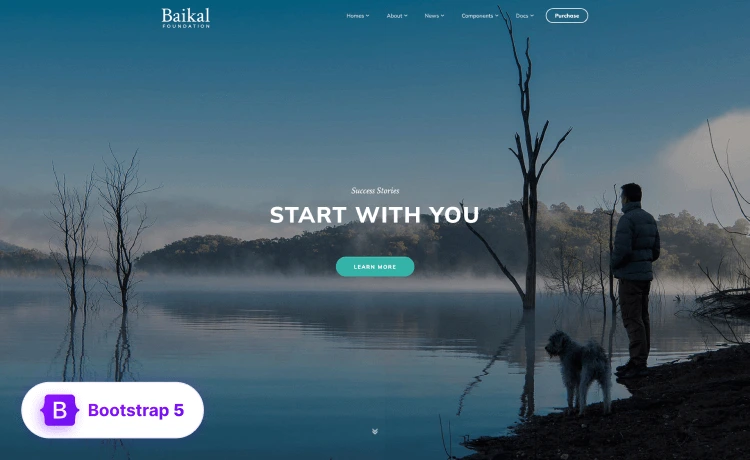Accessing online tools and resources is essential to a web developer’s job. However, there are times when you, as a web developer, are restricted or blocked from accessing certain services or websites, making research content inaccessible. Privacy and online security are primary concerns for professionals working in the IT field. Due to this, proxies come forward as an indispensable tool to protect your system against external threats and enhance cybersecurity. They add a security layer between your system and external connections, thus, reducing data breach risks and safeguarding both online activity and private information.
Proxies can provide web developers with greater performance, security, and flexibility when working online. In this piece, we’ll talk about the pros and cons of proxies in web development. Continue reading to learn more about how this technology can bring you the peace of mind you need as a web developer.
What Is a Proxy Server?
A proxy server helps clients request internet resources, websites, and files by acting as an identity barrier between the client and the server. The proxy uses the destination server’s IP address to send the client’s request there. After this, the client then receives the server’s response from the proxy. As a result, a proxy aids in blocking access to a private network by hiding the IP address of the client. When selecting an IP address, users can pick from a list of multiple ones from a wide variety of countries and locations.
Proxy users can therefore conceal their IP address and appear to be connecting to the internet from a different location. But why would this convenient approach be relevant to a web developer? Let’s look at the advantages of using proxies for web development and work transformation.
Advantages of Proxy Servers
Web developers around the world perceive proxies as invaluable assets that transform their web design workflow because of the following four reasons:
- Better Internet Research
Web developers rely on the internet to research and understand more about their target audience, learn from competitors, and stay up-to-date with industry trends. However, they often face geo-blocking challenges due to website or online service restrictions in certain countries. Thus, in order to fulfill their research needs, web developers may need help accessing the content they need.
The easiest way to bypass geo-blocking and access unavailable websites is by using a proxy server. Proxies allow web developers to choose an IP address from a supported location, making it seem like they are accessing the blocked website from there and enabling them to conduct research without restrictions.
- Enhanced Privacy
Proxy servers act as a buffer between the internet and your device, helping to prevent hacking attempts or malicious traffic. As a web designer, you must protect your internet connection to ensure confidentiality and security.
Clients always entrust their data to a web developer, regardless of the design project. Whether the project involves web page creation, marketing strategies, sales funnels, SEO data, or marketing research, you don’t want to risk your client’s information. Proxies provide an additional layer of security between your network and the internet. This extra security layer is particularly crucial when using public WiFi. This way, web developers can maintain their work and reputation without worrying about data leakage.
- Faster Loading Speeds
Proxy servers can help reduce bandwidth usage and speed up downloads by caching accessed resources and files. Web developers who want access to large resources or deal with huge files may find this beneficial. Faster loading speeds help web developers be more productive by allowing them to download, upload, and test websites quicker.
Nowadays, it is paramount for websites to display their information as fast as they can. Any delay in showing content could result in potential visitors losing interest and abandoning the website. Testing for faster loading speeds ensures your website is always ready and responsive to all visitors.
- Improved Website Testing
Proxy servers let web designers evaluate a website’s functionality from different locations without having to leave their desks or homes. In this way, a web designer may test how a website will function in various regions and guarantee accessibility.
Web developers can track whether visitors from various backgrounds can access the content they are meant to see. They can also use proxies to ensure responsiveness and functionality across different networks and devices.
Risks to Your Security When Using Proxy Servers
Proxy servers come with some cyber hazards, just like any other internet-based third-party service. Web developers should be aware of their common dangers to determine if proxies are appropriate for their intended usage. Below is an explanation of the disadvantages of using proxies.
- Lack of Encryption
Proxies operate over unsecured connections unless configured with encryption. Attackers have the ability to intercept data traveling through unprotected proxies, which expose private information like usernames and passwords. Users are at significant risk of data breaches, such as identity theft, when using unsecured connections. To optimize network security, web developers should make sure they are employing encrypted proxies.
Proxies also store the user’s IP address and web request data. Some fail to encrypt this user data and occasionally sell the information to third parties, which raises the possibility of data breaches. Therefore, when contracting a proxy service, make sure you choose a trustworthy provider you can rely on.
- Open Ports
Because most proxies operate on open ports, they are vulnerable to being exploited through security flaws. Due to heightened security threats, open ports could potentially broaden a company’s attack vectors.
- Unpredictable Speed
If you use free public proxies, they might get overloaded with traffic. Servers sometimes require additional bandwidth to handle thousands of users, which causes lag.
Bottomline
Proxies are very useful in web development, as they enable web developers to freely access resources from various locations, protect data from external threats, increase loading speeds, and streamline website testing. However, users must be aware of the risks associated with proxies, such as lack of encryption, open ports, and inconsistent speed. Web developers should always ensure the proxy provider they select is secure and fit for purpose.
And what better option for that than IPRoyal? IPRoyal provides secure web proxies that protect customers from internet-borne attacks by using several detection mechanisms, such as advanced threat protection, data loss prevention, and DNS and web filtering. Contact them today to sort out all your proxy needs!
